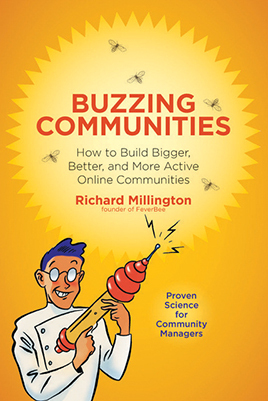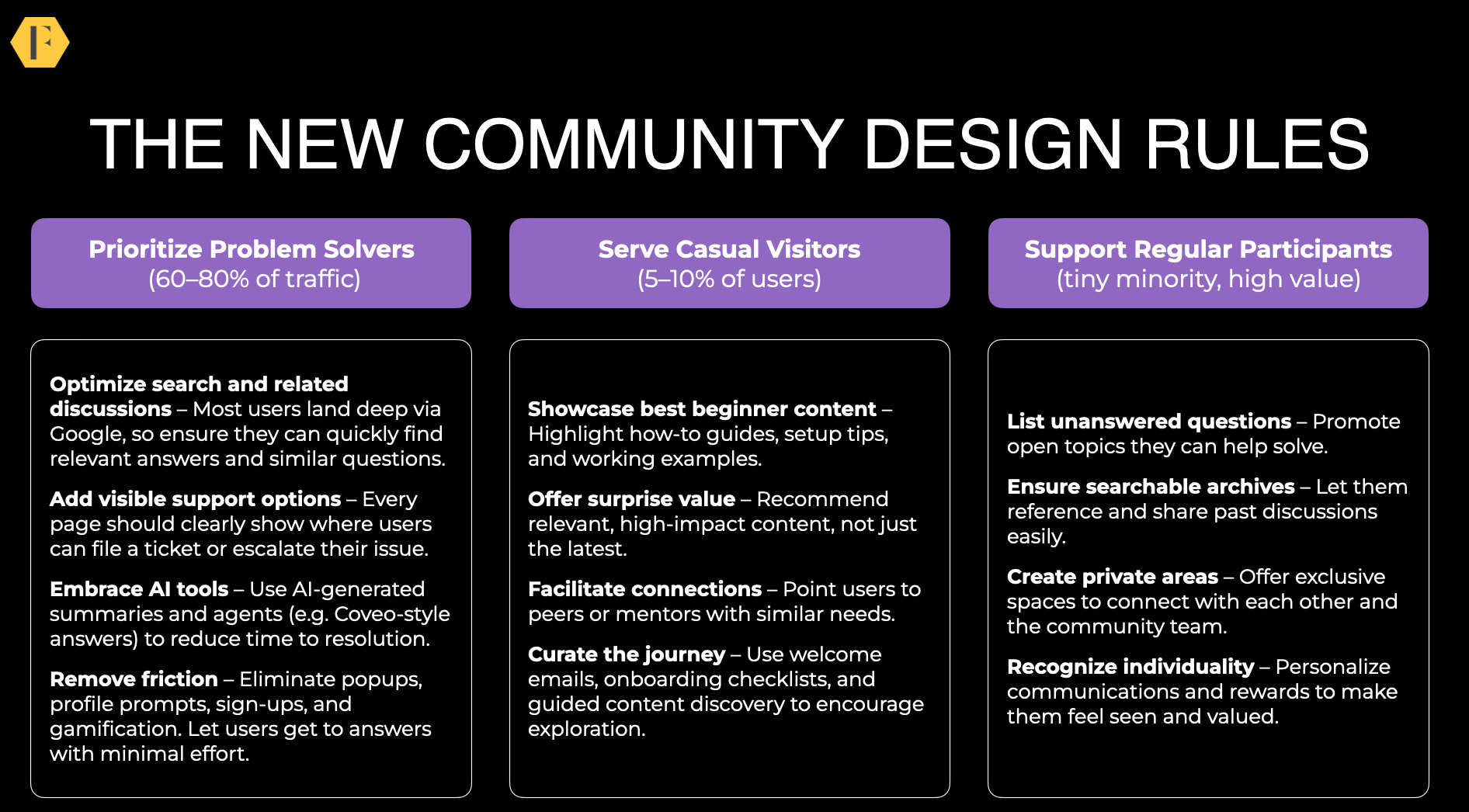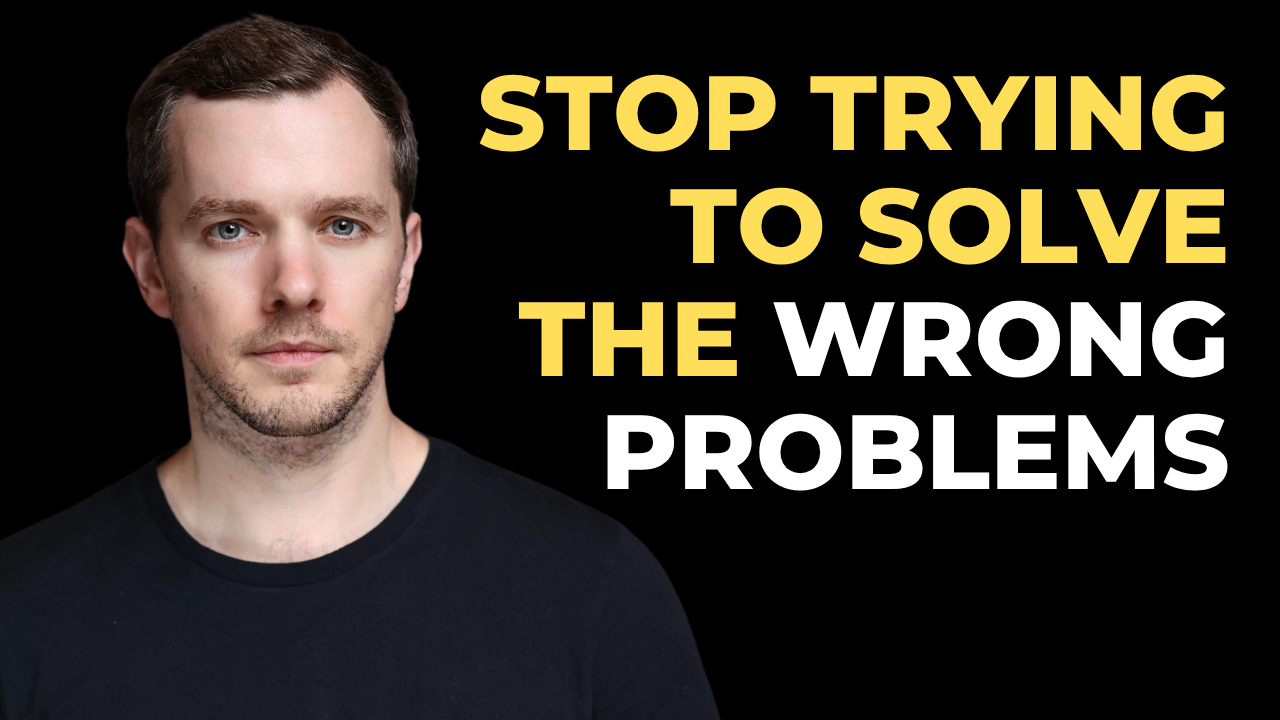In a simpler world, we would create communities of top experts to collaborate with one another to advance their expertise to the cutting edge of their field.
If you’ve tried this, you know this only works if the community is exclusively for the top experts. It has to feel private, special, and a reward for their perceived level of expertise. That usually means a really small group which only benefits the experts, not the hosts.
This works as much on the fear of missing out as it does on a true belief to advance the field.
Experts are hard to reach (unless they consider you a true peer), hard to captivate, and hard to solicit regular contributions from. Experts often see fellow experts as rivals for a limited share of attention. They’re more likely to argue from a defensive position on the minutia of what one another has proposed. Worse yet, when a bigger opportunity appears for them to share their expertise, they tend to vanish.
The idea of creating a communities of experts is alluring, but in most cases impossible to create. You can waste a lot of time, money, and effort trying.
Far better to create a community of practice. Find a group of people who truly enjoy the topic, who truly want to help each other, and are doing the work every single day. Forget the experts and influencers. Unite a group of people who don’t know the answers, but will scour the web for one another looking for the answers.
Good questions trump good answers by a long way. Dull questions solicit dull responses. Good questions drive engagement and activity. You don’t need more experts, you need more people with good questions. People get more value from a committed group of equals, people enjoy participating more in a group of equals, and it’s far easier to build these communities.
Let the experts stop by if they want, but don’t focus on them.
Given the choice between trying to recruit people who know the answer or trying to recruit people who would love to find the answer, go with the latter…every single time.





